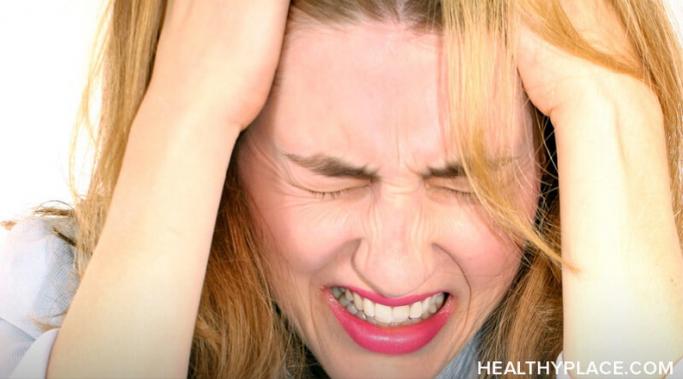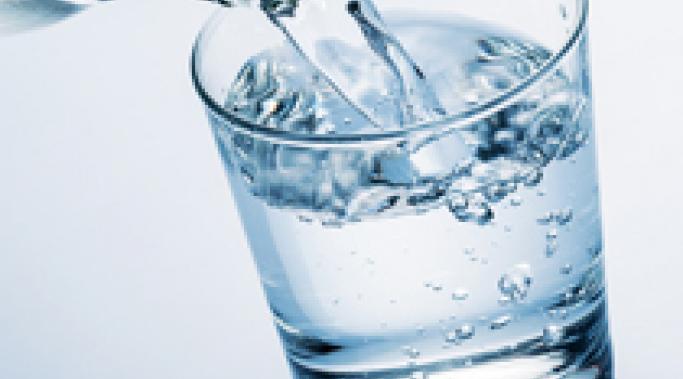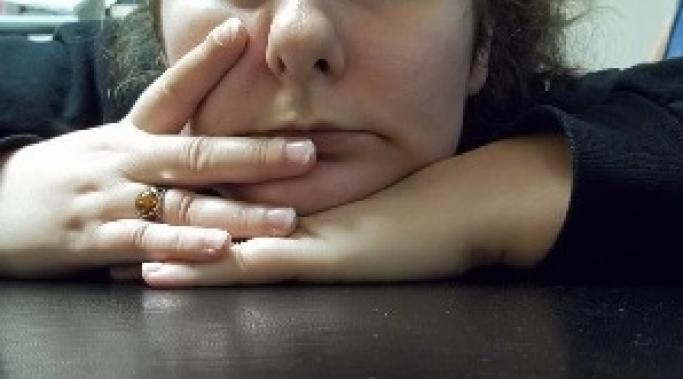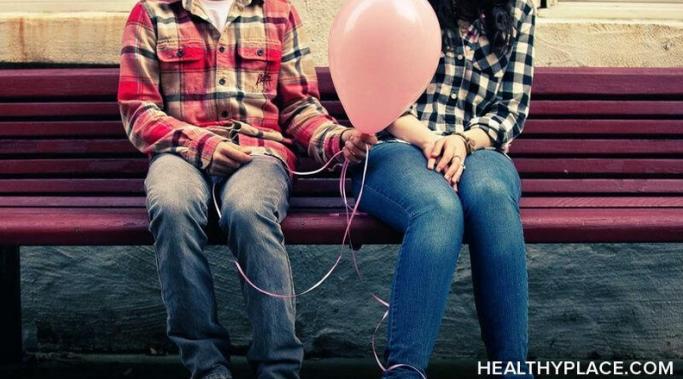Blogs
The impact of social media on mental health is a topic that the digital generation needs to start discussing. Lets be honest. The images we portray on social media do not consistently represent our authentic selves. Images allow young adults to conceal feelings of despair and depression (The Darker Side of Social Media Affecting Young People). In these moments, or when dealing with a mental disorder, people portray the person that is most appealing to those around them. It is an opportunity to hide from negative emotions behind a screen. The impact of social media on mental health is more relevant than people realize. In many situations, and for some users, social media is used as a barrier in concealing our insecurities and negative emotions.
Safe injection sites are becoming more popular across the world (Heroin Abuse, Heroin Overdose). But only two exist in North America, both in Vancouver, British Columbia. So what are safe injections sites and what benefits and concerns do they bring?
A recent incident made me think about if force should be used against a person with mental illness. I recently was notified of an incident in which a prisoner with mental illness attempted to end her life after extended solitary confinement. Although she was unconscious when the cell force team entered, she is facing charges for "resisting." Absurdity of the charge aside, it raises a valid question: should force be used against someone with mental illness?
It's hard to overcome stigma and judgement but you can overcome the stigma of mental illness with peer and family support. Just about everyone who suffers from a mental illness has experienced some form of mental health stigma. Stigma can take many forms, but for the sake of this blog post, I want to focus on the type of stigma that causes others to judge people with a mental illness and lower the status of mentally ill people in social situations.
When others judge you, it affects whether they will choose to befriend you, whether they will give you the respect you are due as a human being, and it affects many different social advantages that people without mental illnesses take for granted. But you can overcome the stigma of judgement of mental illness with support.
For me, dealing with the hyperarousal symptoms of posttraumatic stress disorder (PTSD) is an ongoing thing. I think it's the one group of PTSD symptoms that currently affects me the most, even with all of the therapy I have had and the medication I take. In my last post, I wrote about how the brain functions during trauma and how, for those of us with PTSD, it can get stuck in the reactive state . In this post I want to talk about what it feels like to be in the hyperarousal symptoms of PTSD and how to deal with it.
I have lost so much control because of bipolar disorder. This is really awful because I’m actually a control freak in some ways. And, possibly, losing control because of bipolar disorder has actually making me more so as I work tremendously hard, and rather pointlessly, to regain the control that I have lost. This type of control has its plusses and minuses but there’s no doubt that I have less control now than I had before the bipolar disorder came a-knocking.
Staying hydrated is important to mental health. After a bout with dehydration, I wondered how staying hydrated could affect mental health. After researching the subject, I found that staying hydrated is important to mental health.
Schizoaffective, schizophrenic voices are a nuisance, to say the least, but schizoaffective, schizophrenic voices can say good things. I usually try not to listen to them, but sometimes my schizoaffective voices are so loud even music can’t drown them out. And sometimes, as other people with schizophrenia or schizoaffective disorder may know, the voices say good, or even helpful, things. What’s up with that?
Feeling full of anxiety is a common experience. Anxiety has a way of infiltrating both brain and body. When we're consumed by anxiety, it becomes difficult to think about anything else, and the emotions and sensations that we pay attention to the most are those that relate to anxiety. Also, anxiety impacts what we do or don't do. Basically, anxiety has a way of taking us over. We become full of anxiety. We can do something about this. If you're tired of being full of anxiety, empty your cup of tea.
The question, "Can love can save you from an eating disorder?" hits at the core of a deeper question. Anyone who loves someone with a behavioral or substance addiction will face wanting to leave the person, or wanting to take his or her love away because he or she has been hurt too many times. As the partner, you may wonder if your love and presence even matters. As the addict (the person with the eating disorder), another’s love may pour a sea of guilt into you, which can drive you back into reaching for your addiction. But love is a powerful force and we can use love for eating disorder recovery.










I believe she will only be able to rid herself of her demons, and hopefully her BPD as well, when she's ready to confront the abuse of her father. If she can put the blame where it belongs, she may stop projecting that victim/perpetrator cycle on the present men in her life. These demons are a metaphor for the purgatory she has created for herself. That reality has consequences in the real world, but it need not be real in the tangible sense. Exorcising her demons will require the expenditure of real physical energy and probably the destruction of aspects of her personality. If this ever happens, and it's possible but not probable, then these demons will evaporate. They are only as real as one's personality is real. In short, reality is not the question, it's what you make of the things you feel to be real.